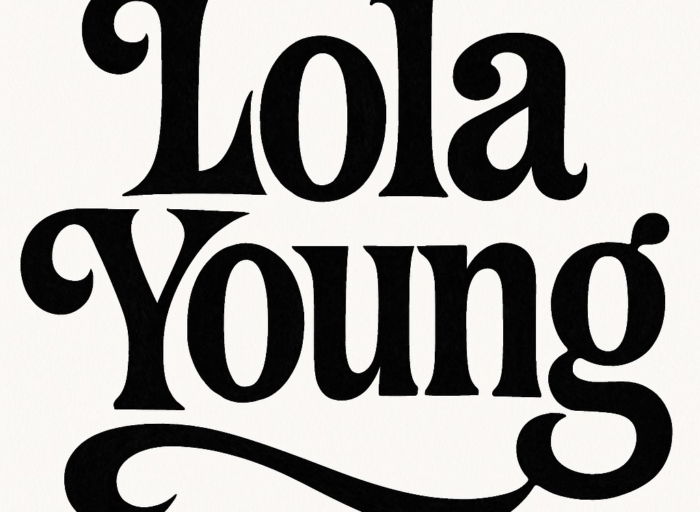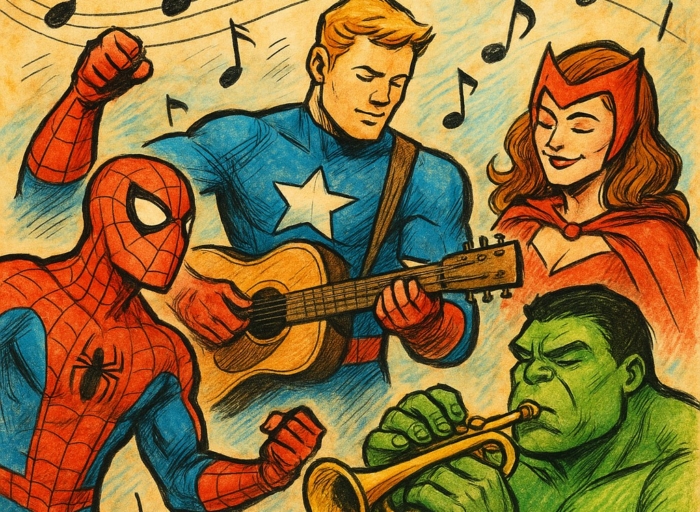The Cure is one of the most influential bands to emerge from the post-punk and new wave scene of the late 1970s and 1980s. Formed in Crawley, England in 1978, the band was founded by vocalist, guitarist, and songwriter Robert Smith, who remains the group’s iconic frontman and only constant member.
The Cure began their journey with a minimalist, punk-influenced sound on their debut album Three Imaginary Boys (1979). As the band evolved, their music became more atmospheric and introspective, helping define the “gothic rock” genre with albums like Seventeen Seconds (1980), Faith (1981), and Pornography (1982). Their style is characterized by lush guitar textures, haunting lyrics, and Smith’s unmistakable voice.
The band’s lineup has seen many changes over the years, but key members have included Simon Gallup (bass), Lol Tolhurst (drums/keyboard), Porl Thompson (guitar), and Jason Cooper (drums). Despite the changes, Smith’s creative vision has remained the guiding force behind The Cure’s sound and identity.
The Cure found major commercial success with hits like “Just Like Heaven,” “Lovesong,” “Pictures of You,” and the upbeat “Friday I’m in Love.” Their 1989 album Disintegration is widely regarded as their masterpiece and a landmark in alternative music.
Beyond their unique sound, The Cure has left a lasting cultural impact, influencing countless bands across genres. With a career spanning over four decades, their ability to evolve while maintaining emotional depth has secured their place as legends in modern music history.
(This is an AI generated article)


